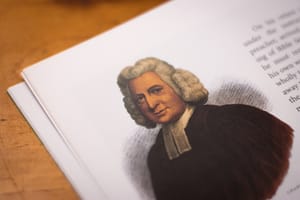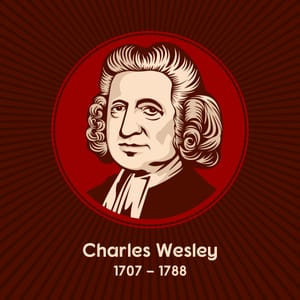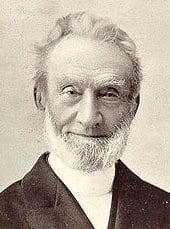Five hundred years after his death, Savonarola remains an enigma. From his early years he felt intensely the sins of society. His ministry was marked by an extraordinary, almost fanatical, zeal. He preached fearlessly against the ungodliness of a church oiled by money and administered by grasping clerics. He was not afraid to identify the pernicious influence of an ungodly pope. His words of meditation on the Psalms suggest that he, at least, had grasped the truth of justification by faith alone: ‘God remits the sins of men, and justifies them by his mercy. There are as many compassions in heaven as there are justified men upon earth; for none are saved by their own works. No man can boast of himself; and if, in the presence of God, we could ask all these justified sinners – Have you been saved by your own strength? – all would reply as with one voice, “Not unto us, O Lord! not unto us; but to thy name be the glory!” … O God, save me by thy righteousness, that is to say, in thy Son, who alone among men was found without sin!’
Theological mud
Nevertheless, he remained a reformer within the Catholic system. His sermons focused on moral rather than doctrinal reformation. They were based on Scripture, but Scripture used scholastically rather than doctrinally. His exhortations were also grounded in Thomas Aquinas and tradition. His sermons were apocalyptic, prophetic and threatening. He said of himself, ‘I am like the hail. Cover thyself lest it come down upon thee, and strike thee. And remember that I said unto thee, cover thy head with a helmet, that is, clothe thyself with virtue and no hail stone will touch thee.’

Clear proclamation of justification by faith in Christ was not to occur until the next generation, when another monk, an Augustinian called Martin Luther, would set in motion a more radical and permanent Reformation. In 1524 Luther wrote that Savonarola had been a precursor of the Reformation and one of its martyrs. That was over-stating things, but Luther made a good point when he said, ‘What if some theological mud be still found sticking to his feet, who could altogether be free of it in those days?’
Two lessons
Savonarola leaves us two abiding lessons. Firstly, the dramatic impact upon a dissolute people of his call for moral renovation is a forcible reminder of what an ally every gospel preacher has in the conscience of his hearers. Even where there is no gospel light, a sense of moral failure and an apprehension of judgement may not be far away from the minds of the unconverted. All people have the work of the law written on their hearts (Romans 2:15), and the Spirit of God uses this innate sense of right and wrong to convict men of their sin.
Secondly, that which Savonarola could not accomplish by bold sermonizing, reinforced by the terrors of God, and exemplified by pious living and a heroic death, is not going to be accomplished by any other means. Trying to build the kingdom of God today by moralism, or by attempting to persuade our rulers to order society by the Mosaic Law or the Sermon on the Mount, remain a futile waste of time. The law given on Sinai did not produce righteousness in Mosaic society (Romans 8:3) nor will it avail today. Only personal spiritual regeneration avails, and that is a sovereign work of the Holy Spirit not the result of moral reformation. It can only come about as Christ is preached.






















